Antisemitism complaints by doctors surge
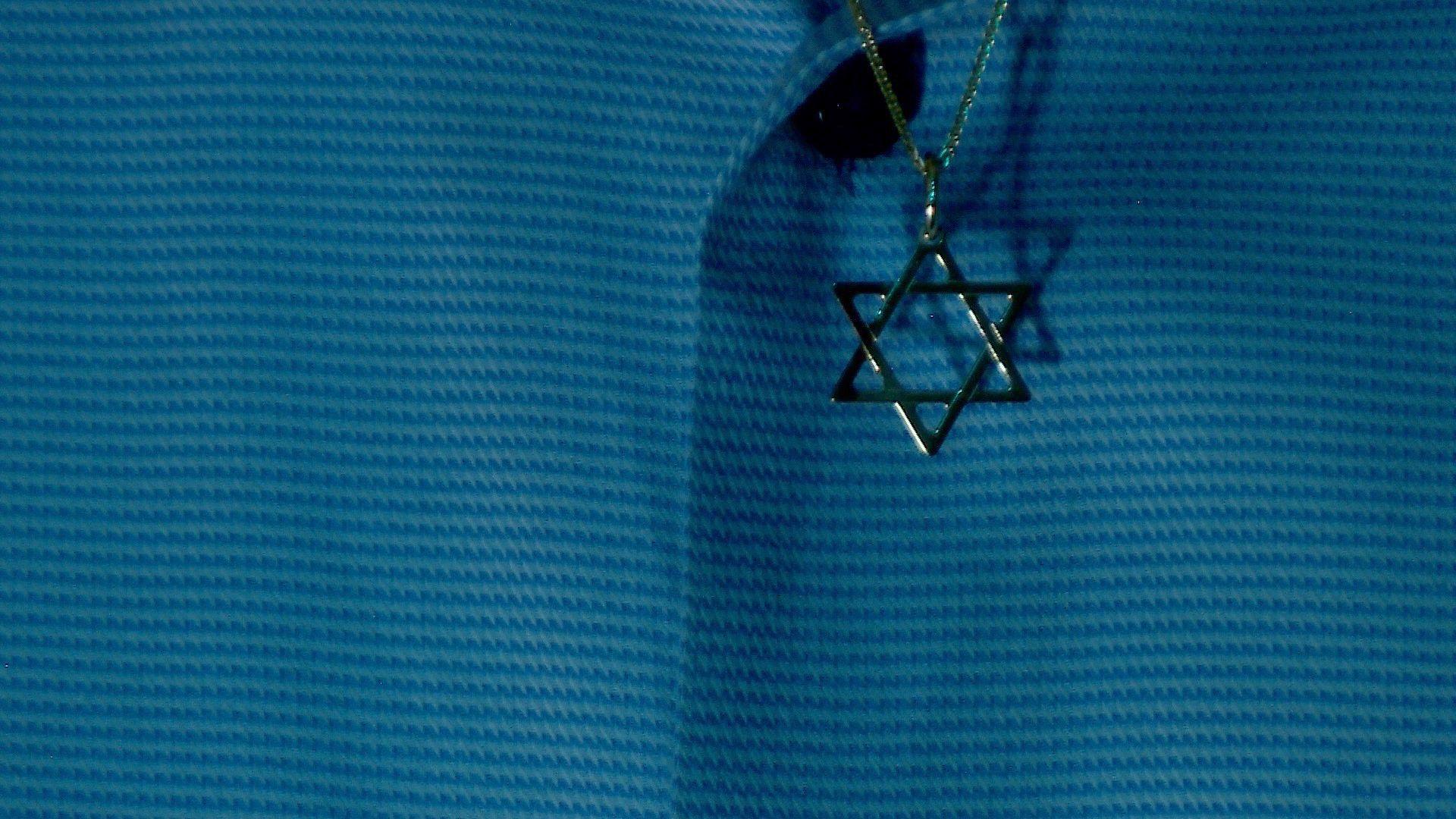
The Jewish doctor who spoke to the BBC says he still wears a Star of David necklace despite the abuse he has faced since 7 October
- Published
Complaints about doctors subjecting Jewish colleagues to antisemitic abuse have surged in the months following the 7 October attacks and the subsequent Israel-Gaza war, according to General Medical Council records.
One doctor, a senior Jewish physician in London, told the BBC he had been subjected to a vicious antisemitic outburst by a colleague a few days after the deadly attacks.
The rise in antisemitic complaints, as well as Islamophobic complaints, mirrors a broader trend of increased religious hate crimes in the UK since the recent conflict, according to figures obtained by the BBC.
The GMC, which regulates doctors in the UK, said it was investigating serious concerns and would take action where necessary.
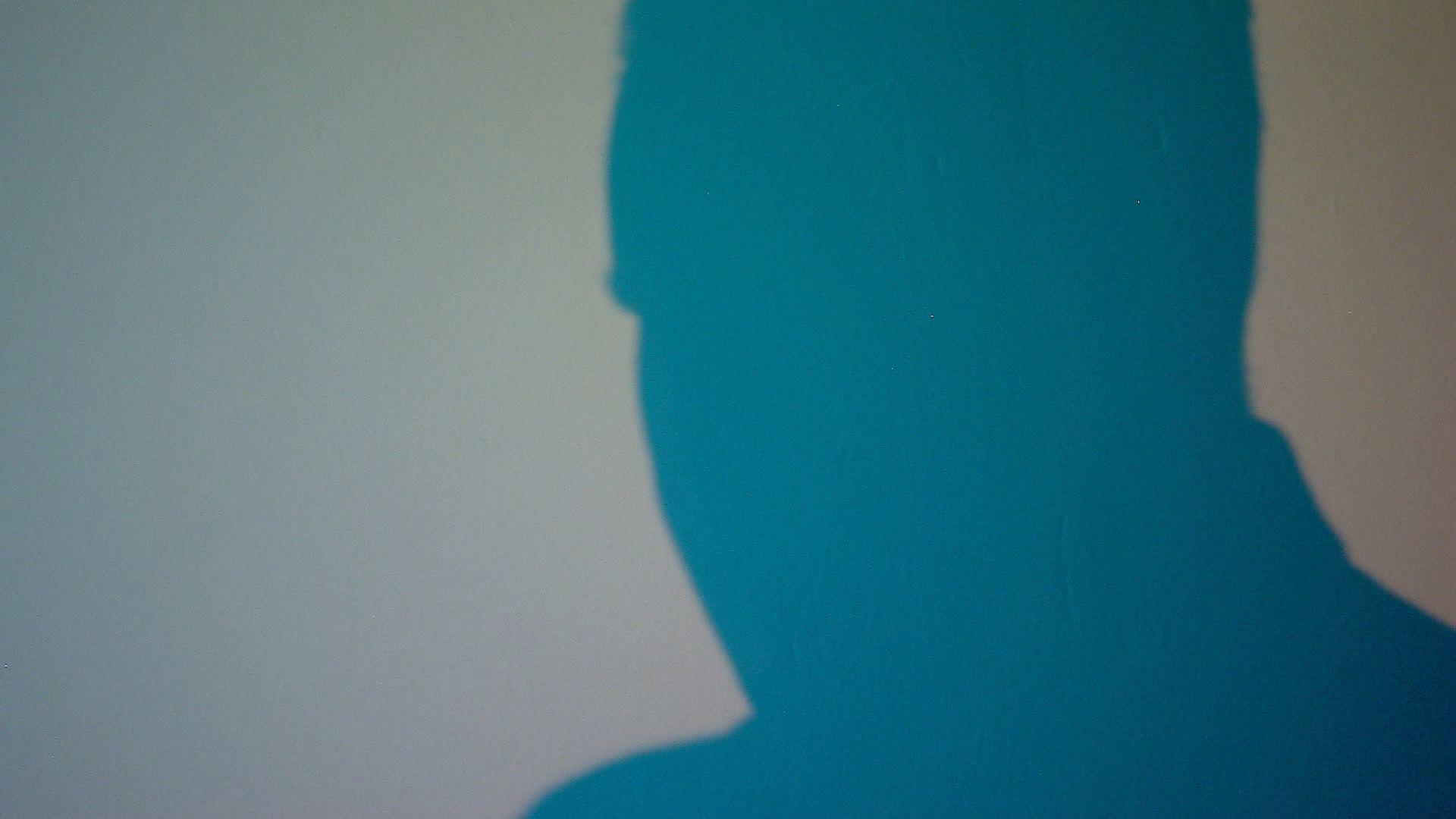
The doctor, who did not wish to be identified, says he was subjected to verbal antisemitic abuse in the days after the Hamas attacks
The doctor at the London hospital, who requested to remain anonymous, described the "appalling" verbal attack from a co-worker.
"This doctor knew I was Jewish, and just days after October 7th he started expressing support for Hamas, repeatedly shouting, 'You're a baby-killer', in my face."
The doctor said he was left "extremely upset, horrified and shaken" by the harassment at work.
"I've never before had it in such a blatant way inside a hospital - a place which is supposed to be the ultimate safe space."
The BBC understands that the hospital concerned is investigating all aspects of the case, including the antisemitism allegations.
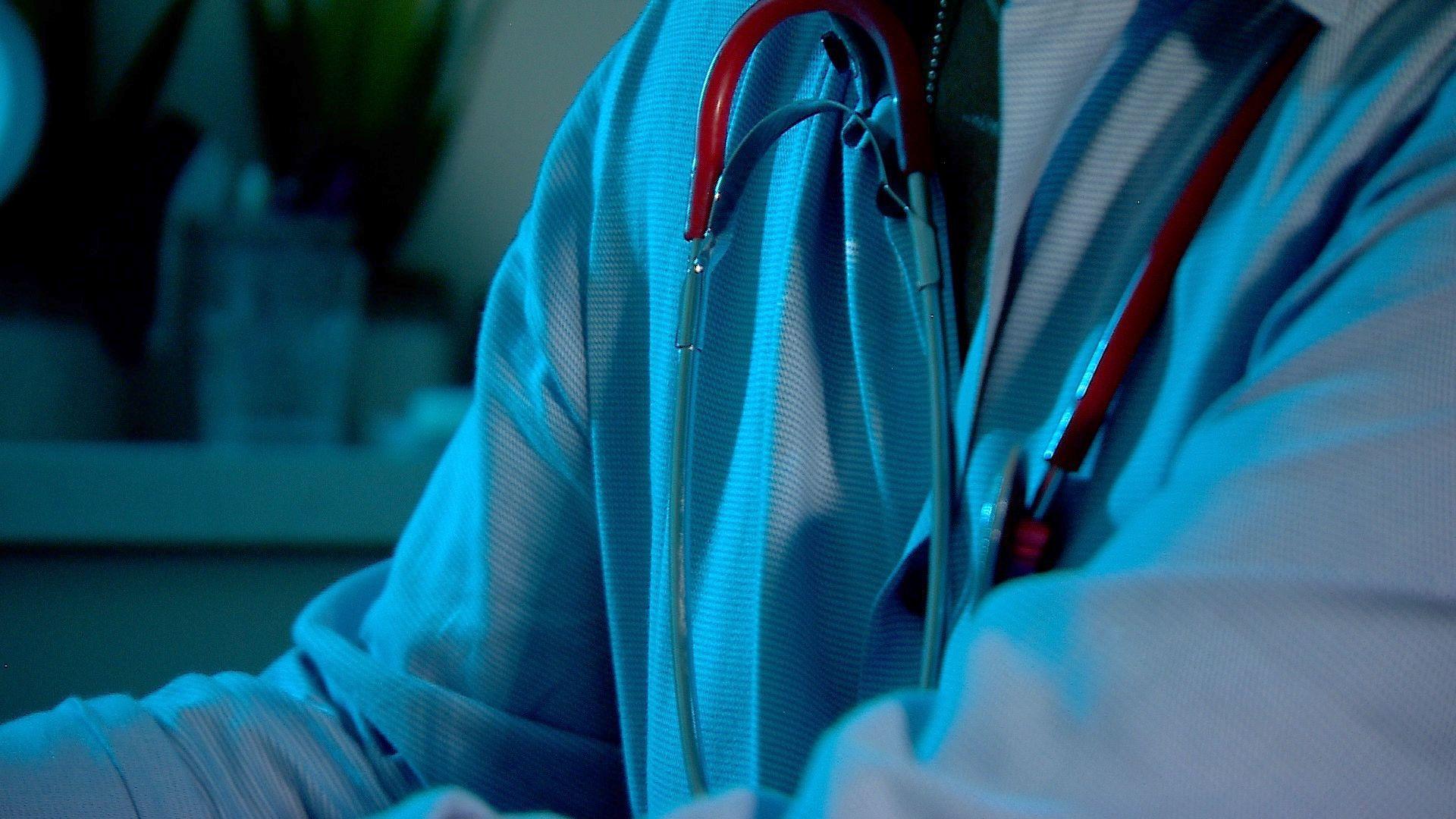
There has been a rise in allegations of both Islamophobic and antisemitic incidents by doctors against their colleagues since 7 October
From the start of 2023, the GMC received eight complaints about antisemitism by doctors.
However, in the four months after the Hamas attacks, 60 medical professionals were reported for alleged antisemitic conduct or remarks against their colleagues across the UK.
Of these 60 complaints, 22 are currently undergoing "triage", a process where the GMC determines whether a complaint should proceed to a full investigation.
According to the GMC, 1,903 doctors identified as Jewish in 2023, the most recent data available. This is roughly 1% of licensed doctors in the UK.
UK antisemitic hate crimes hit new high - charity
- Published15 February 2024
Rise in religious hate crimes after Israel-Gaza war
- Published29 December 2023
Anti-Muslim cases surge in UK since Hamas attacks
- Published22 February 2024
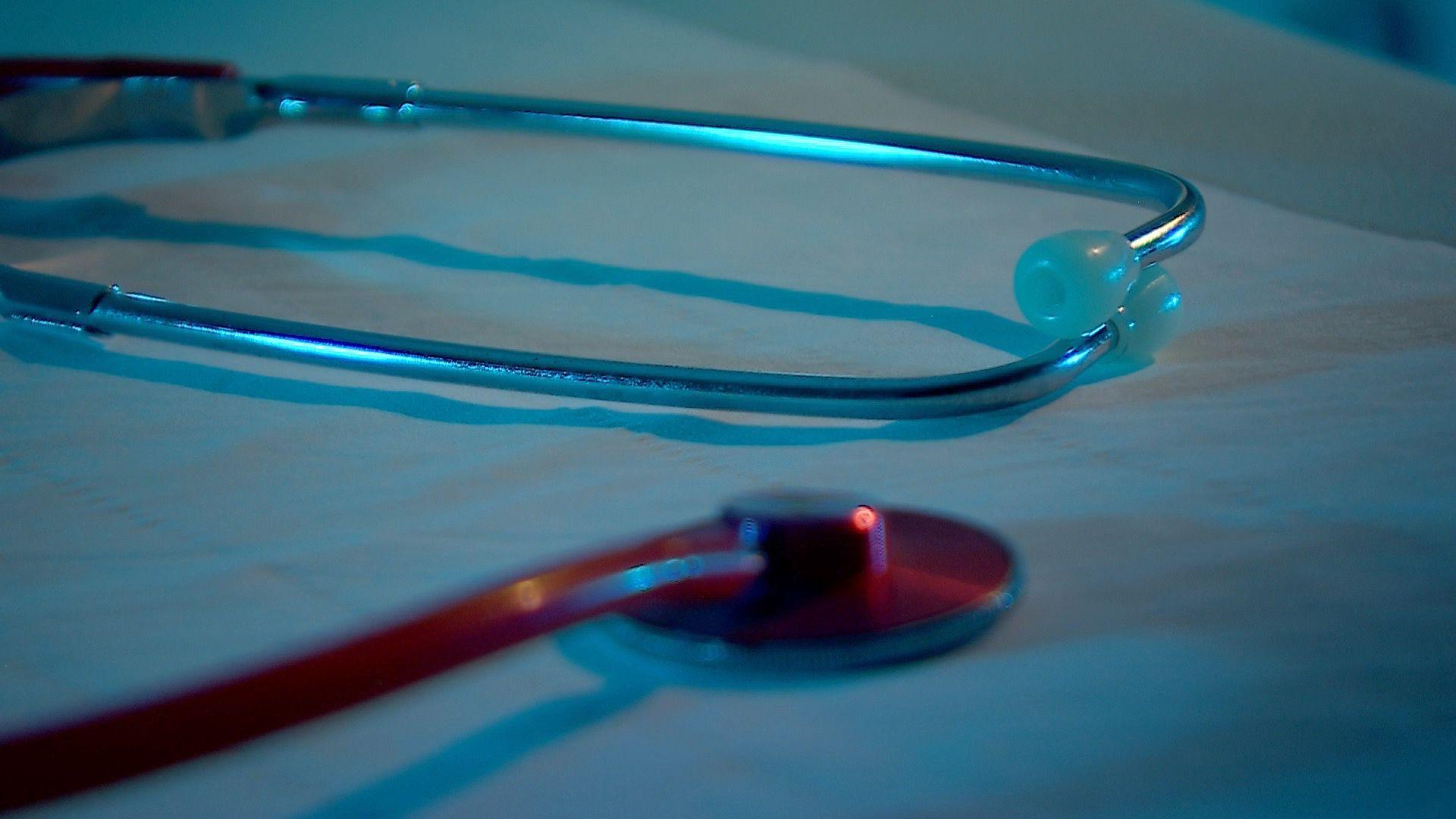
It has been claimed that incidents of Islamophobia against doctors since the Hamas attacks are underreported
The GMC figures, obtained via a freedom of information request by the BBC, also show an uptick in complaints about Islamophobia by doctors since 7 October, with 16 cases from October through to January compared to three in the preceding nine months.
There are 53,359 doctors in the UK who identify as Muslim - 17% of doctors - according to the latest figures from the regulator.
Of the 16 complaints made after 7 October, 12 are in triage and four have been closed.
Dr Salman Waqar, of the British Islamic Medical Association, said while the figures showed an increase in Islamophobic incidents, it was difficult to give an accurate representation of the problem within the NHS.
"People tend not to report it because of fear. In the medical profession, most Muslim colleagues aren't senior yet. We aren't hearing about the worst cases as much as we should," Dr Waqar said.
He said there were many who worried if they were to complain, they would lose their visas.
He described examples of Muslim doctors facing exclusion, such as being left out of important email chains or meetings and other cases, where Muslim doctors reported feeling abandoned by colleagues who failed to speak up when patients made Islamophobic remarks.
"These figures are creating a system of 'us and them' and shouldn't come across like we're in the 'racism Olympics'," Dr Waqar said.
He also criticised the GMC for following a "common sense" definition of antisemitism and Islamophobia, rather than working with groups to establish a clearer, more precise definition.
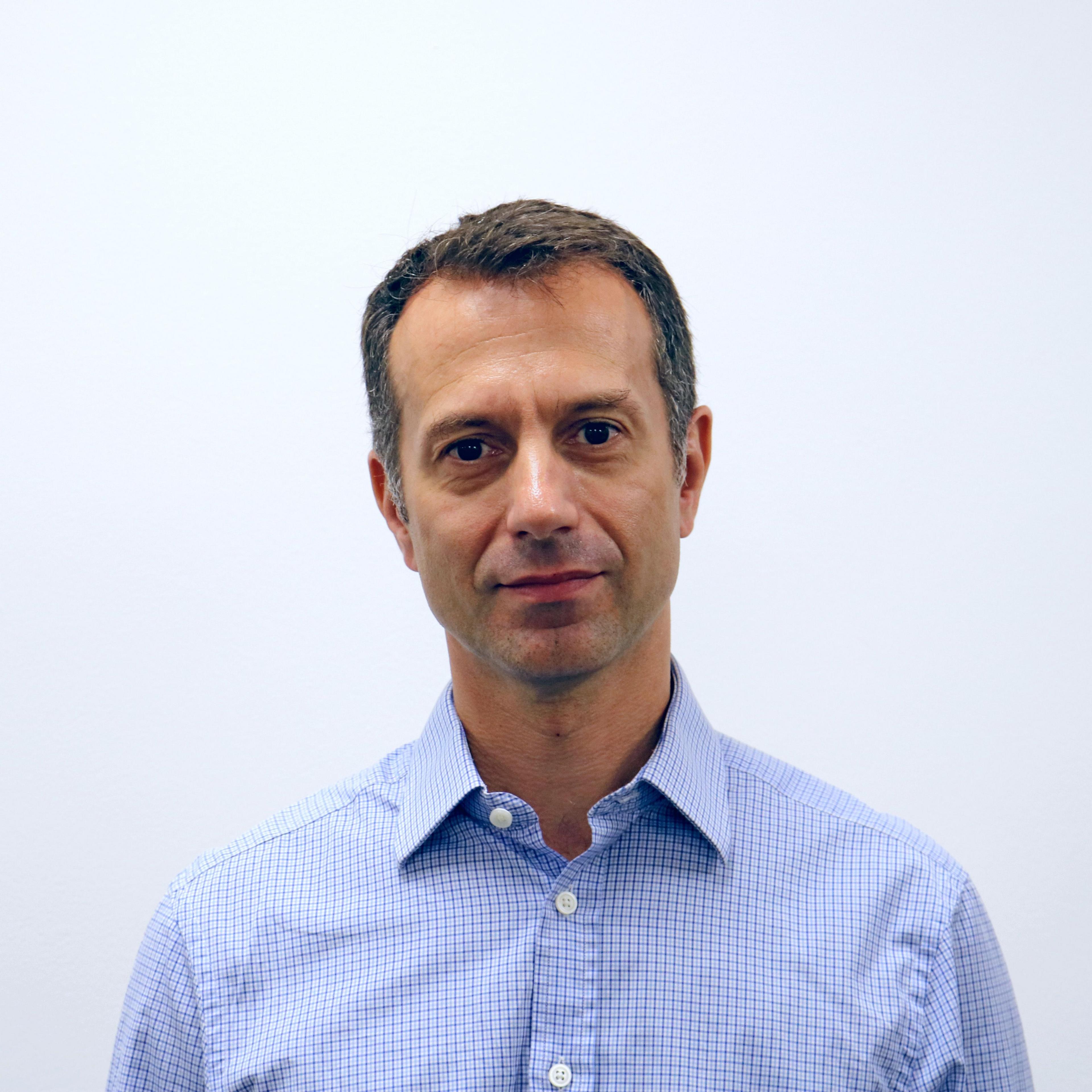
Dr Dave Rich, from the Community Security Trust, says he is shocked at the targeting of doctors by their colleagues simply for being Jewish
For the Jewish community, the rise in antisemitism complaints against medical professionals has been particularly disturbing, mirroring an overall trend in the UK since 7 October.
Dr Dave Rich from the Community Security Trust, a charity that monitors antisemitism, said: "It is shocking to see this happening within the medical profession - the one part of society where we expect everybody to behave with complete professionalism and neutrality."
Dr Rich said his organisation had received "quite unusual" reports from Jewish medics about "things either said to them, or posted online, or other kinds of antisemitic behaviour from colleagues" in recent months.
He called it "really disappointing to see this playing out" in the wake of an overseas conflict.
Dr Rich said Jewish medical professionals were being singled out by their colleagues simply due to their identity.
"The vast majority of incidents that we record involve visibly Jewish people or Jewish organisations being singled out simply because they are Jewish, and either harassed or threatened, or treated as if they are somehow to blame or responsible for anything Israel has done, simply because they are Jewish," Dr Rich said.
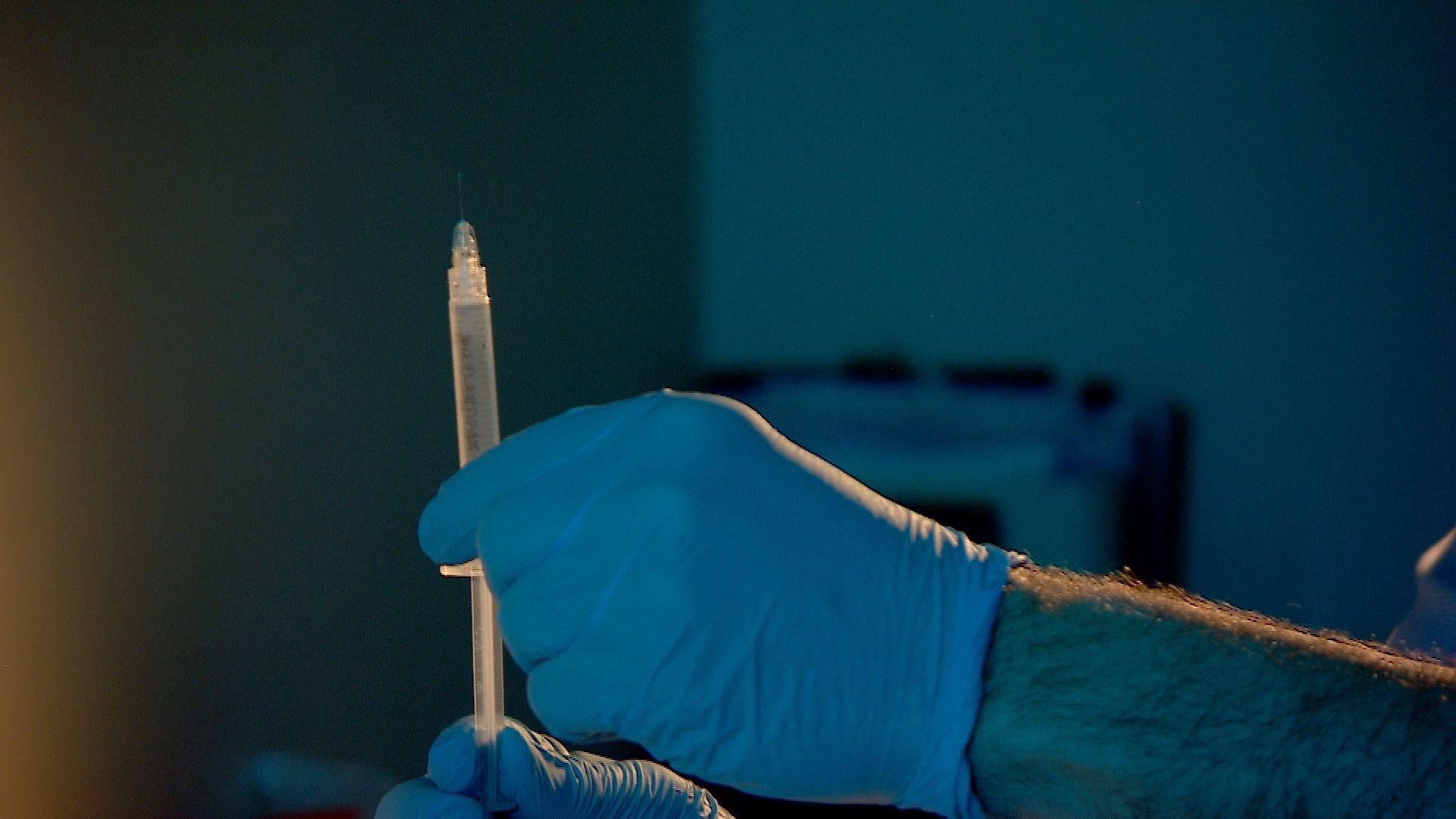
The Jewish Medical association says the GMC has been "sluggish" in responding to complaints of antisemitism
The Jewish Medical Association's Prof David Katz accused the GMC of being "sluggish" and "unclear" over its criteria for determining and resolving cases of alleged antisemitism.
He believes the reported incidents are "just the tip of the iceberg", with some Jewish doctors hesitant to come forward.
"There's a question that the wish to avoid identifying yourself too publicly as Jewish remains a strong one, which reflects maybe a little on the nature of the underlying host society," Prof Katz said.
The Professional Standards Authority, which oversees the GMC, has previously been warned by Health Secretary Victoria Atkins that it is "vital for public confidence" that "any instances of extremism, discrimination or hate speech are dealt with in a thorough and timely manner".
A GMC spokesperson told the BBC: "We recognise the significant impact the ongoing conflict has on members of the profession, patients, and all those affected.
"Since October 2023 we have received a high volume of complaints about doctors’ comments on social media related to ongoing conflict in Gaza.
"Doctors are entitled to personal beliefs, and there is nothing preventing doctors from exercising their right to speak about or campaign on issues, but this must not affect their relationship with patients or the treatment they provide or arrange.
"Our guidance is clear that discrimination is not compatible with the responsibilities and duties of a doctor."
Get in touch: Do you have a story you'd like BBC London's investigations team to look into? Get in touch, in confidence on:
londoninvestigationsteam@bbc.co.uk